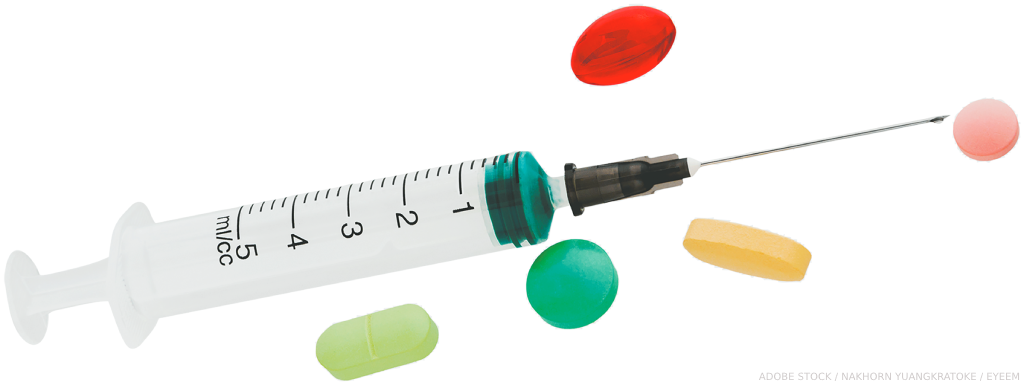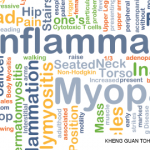 In September 2024, the U.S. Food & Drug Administration (FDA) granted its rare pediatric disease designation to Descartes-08 for the treatment of juvenile dermatomyositis.1
In September 2024, the U.S. Food & Drug Administration (FDA) granted its rare pediatric disease designation to Descartes-08 for the treatment of juvenile dermatomyositis.1
The FDA grants the rare pediatric disease designation for serious and life-threatening diseases that principally affect children aged 18 years or younger and fewer than 200,000 people in the U.S. Juvenile dermatomyositis is a rare pediatric autoimmune disorder marked by skin rash and severe muscle inflammation affecting multiple organ systems, including the joints, heart, lungs, kidneys, eyes and gastrointestinal systems. The symptoms can range from mild to life-threatening and include fatigue, joint pain, muscle weakness and fever. The condition affects approximately two to four children per million, or about 4,000 children in the U.S.1,2
Treatment
The drugs currently used to manage myositis are not FDA approved for the treatment of myositis and are being used off label. However, they are all approved for conditions similar to myositis. The use of these drugs for myositis is based on small clinical trials, expert experience and individual reports in the literature of effectiveness for myositis.2 These treatments include systemic glucocorticoids, methotrexate and other immunosuppressive agents, and intravenous immunoglobulin (IVIG).
Descartes-08, an mRNA cell therapy, is an autologous mRNA-engineered chimeric antigen receptor T cell therapy (mRNA CAR T cell) targeting B cell maturation antigen (BCMA). The agent is designed to be administered without preconditioning chemotherapy and does not use integrating vectors, unlike other FDA approved CAR T cell therapies.3
CAR T-Cell Therapies
CAR T cells, a type of cell therapy, have become a powerful option in the oncologist’s toolbox and are gaining ground in rheumatology. But they are cost prohibitive. Current FDA-approved CAR T cell therapies are individually customized, with a treatment cost of more than $450,000 per dose.
In CAR T cell therapy, a patient’s own T cells are collected from their body and re-engineered in the lab to produce new surface proteins called CARs. Millions of these revamped T cells are manufactured and infused back into the patient, where the CARs bind to the target cells.
“CAR T cells are the equivalent of ‘giving patients a living drug,’” says Renier J. Brentjens, MD, PhD, Memorial Sloan Kettering Cancer Center in New York, an early leader in the CAR T cell field.3
Side effects from CAR T cell treatments include cytokine release syndrome, which can lead to very high fever, severe hypotension and sometimes fatalities.


